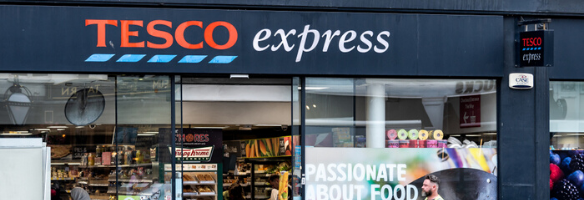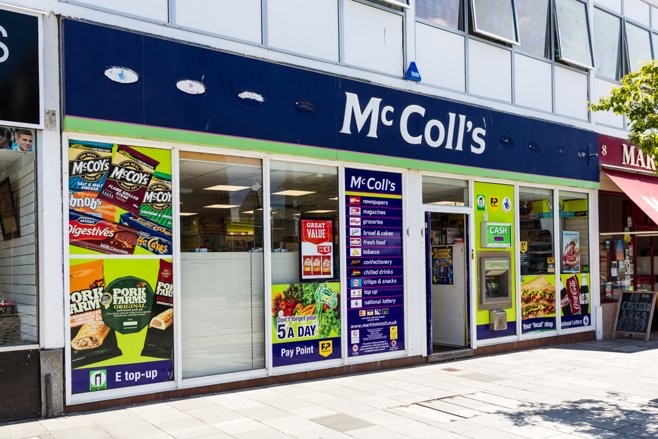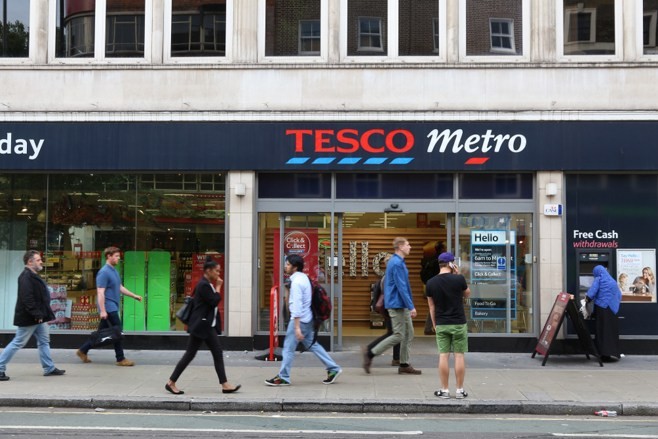Convenience Stores: A Good Investment?
Mar 13 2020
Darren Best

Even though it is often said that the high street is dying due to the growth of online shopping, there are several reasons why the convenience store sector is one that commercial property investors and private individual investors should consider as a relatively safe retail property investment.
Despite the uncertainty, convenience stores still remain in high demand as they provide a useful local stopgap for people to purchase items that they need as they progress throughout the week – sometimes even offering Post Office services in store too. As a result, the market for convenience retail investments is well established and will remain buoyant against fading interest in high street occupiers, which makes investing in a convenience store a relatively safe retail property investment for commercial property investors in the UK.
There are many national operators in the UK, such as Co-Operative, McColl’s, Little Waitrose, M&S Food, Tesco, Sainsburys and SPA, who each have convenience store formats which stock a wide range of products that are consumer friendly. In recent years, retailers have begun to update their stores to meet the demand for smaller and more frequent shopping trips – particularly focusing on the younger generation.

Photo credit: HiStockPhoto / Shutterstock
In fact, last year, McColl’s announced they are on a trial with Uber Eats to deliver food and they are currently developing their own takeaway food range, in a bid to “meet the needs of today’s customers”.
Therefore, it should come as no surprise that convenience stores are going from strength-to-strength. According to research from IGD, the average shopper conducts 7 shopping trips at convenience stores in a month and spend around 8 minutes in-store, so it should come as no surprise that the value of the convenience sector is due to increase from £41.4 billion (2019) to £48.2 billion by 2024 – a rise of 16.6%.
But what should you consider if you are looking to invest in a convenience store in the UK? Savoy Stewart have outlined three handy tips to consider before investing in a convenience store.
What to consider when investing in a convenience store
1. The location
As with any type of commercial property, the location of a convenience store is one of the most significant factors in the decision-making process. Physically where the shop will be located can be make or break, as you must take into account other factors such as footfall and potential profit. Be sure to visit other locations and compare them.
In addition, the immediate area surrounding the shop is equally as important. Before going ahead, it’s wise to check out the neighbourhood of each store that piques your interest. Find out how many people live in the neighbourhood and who will be your customers. You may also want to investigate the safety of the neighbourhood too, to see if you would be happy working and/or living there. To do this, you can view crime statistics for the area via the Police.uk website by simply inputting a postcode.

Photo credit: Tupungato / Shutterstock
2. The footfall
Arguably just as important as the location, you should also be sure that the area has a high footfall to generate a good turnover. As a result, you may want to check out your chosen store on different days and various times to find out whether the footfall is enough to start a successful convenience store business in your desired location. You may even want to disguise yourself as a mystery shopper to see whether the store will work for your wants and needs.
3. Length of lease
Another thing you must consider is whether to opt for a long- or short-term lease. Generally, convenience store investments benefit by offering long occupational leases with between 10 to 20-year unexpired terms, without a break clause. This makes them a very attractive and safe investment for those seeking a long-term guaranteed income stream, often with fixed rental uplifts at each five-year interval. This long-term fixed rental uplift is highly beneficial for investors who seek a known return, so investors can see what their future income will be over the entire lease period.
If investors are looking to obtain funding, banks and other lenders are attracted by the fact that there are long leases in place, usually to substantial covenants with fixed uplifts which makes this type of investment relatively easy to fund.
You may also be interested in: What to look for in a commercial lease agreement?
Depending on the type of operator and the rent passing the sale price of these properties will vary, but Savoy Stewart have a number of convenience store investments available for under £500,000, usually offering a return on capital of between 6 to 7%, making these very attractive opportunities particularly to private investors and SIPP buyers.
If you are interested in investing a convenience store in the UK, do not hesitate to get in touch with us. We are highly experienced in dealing with convenience store investments, which you can find in our investment property portfolio.
Feature image credit: Kristi Blokhin / Shutterstock